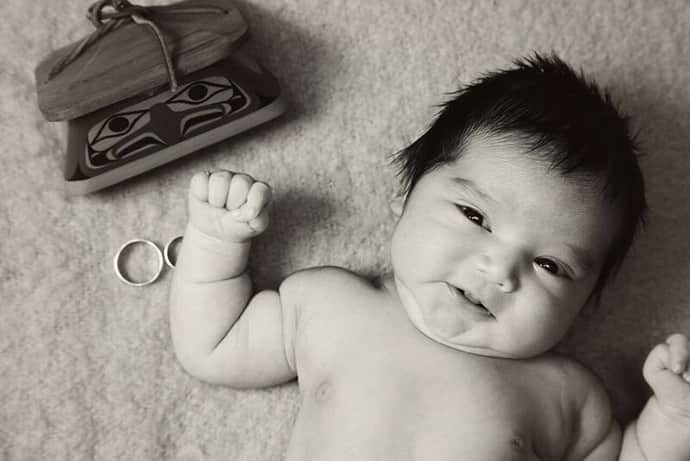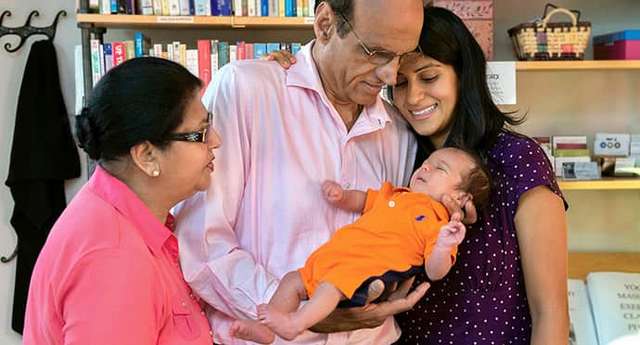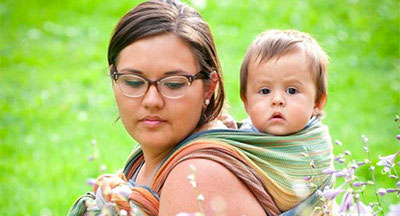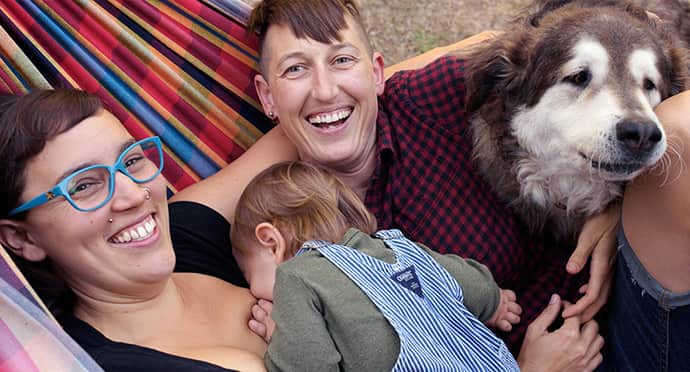Cultural Safety
Cultural safety is an essential component of healthcare, improving trust and communication between midwife and client, and allowing for optimal outcomes and experiences.

Registered midwives in the province of BC are proud of the principles of informed decision-making, choice of birthplace, continuity of care and positive inter-professional collaboration, all of which can be compromised if cultural safety is neglected or absent. The purpose of this statement is to clearly convey the position of the MABC that all registered midwives and student midwives should formally and meaningfully engage in cultural safety training as an integral part of their commitment to serving BC families. In order to be partners in reconciliation and to uphold Indigenous rights, all midwives must strive to provide culturally safe care that contributes to positive Indigenous health outcomes.
Definition:
Cultural safety is a term that has been defined from several angles. The following are three descriptions:
- “Cultural safety is an outcome based on respectful engagement that recognizes and strives to address power imbalances inherent in the healthcare system. It results in an environment free of racism and discrimination, where people feel safe when receiving health care” (First Nations Health Authority).
- “What is felt or experienced by a patient when a health care provider communicates with the patient in a respectful, inclusive way, empowers the patient in decision-making and builds a health care relationship where the patient and provider work together as a team to ensure maximum effectiveness of care. Culturally safe encounters require that health care providers treat patients with the understanding that not all individuals in a group act the same way or have the same beliefs” (National Aboriginal Health Organization).
- The Indigenous Physicians Association of Canada indicates that cultural safety can only be defined and affirmed by the recipient of care and occurs only when they feel safe in the healthcare interaction.
Background:
As part of an initiative to address challenges around recruitment and retention of Indigenous Maori nurses, the Nursing Council of New Zealand amended their standards to include cultural safety into their curriculum assessment process in 1990. The concept was introduced by Irihapeti Ramsden, a Maori nurse in Aotearoa (New Zealand). This initiative started the conversation about cultural safety in health care on the world stage, and in particular, where colonial relationships exist, such as in Canada. Canada’s colonial context is a lived reality for all Canadians regardless of their status or location in society, or their perception of the impact of the colonial relationship.
MABC’s Position:
The MABC understands that Indigenous health outcomes go hand in hand with the availability of culturally safe health care providers. Cultural safety training is a basic first step towards culturally safe care, which itself is a step towards reconciliation. As such, the MABC commits to advocating the following Calls to Action by the Truth and Reconciliation Commission:
- We call upon those who can effect change within the Canadian health-care system to recognize the value of Aboriginal healing practices and use them in the treatment of Aboriginal patients in collaboration with Aboriginal healers and Elders where requested by Aboriginal patients.
- We call upon all levels of government to:
- Increase the number of Aboriginal professionals working in the health-care field.
- Ensure the retention of Aboriginal health-care providers in Aboriginal communities.
- Provide cultural competency training for all healthcare professionals.
- We call upon medical and nursing schools in Canada to require all students to take a course dealing with Aboriginal health issues, including the history and legacy of residential schools, the United Nations Declaration on the Rights of Indigenous Peoples, Treaties and Aboriginal rights, and Indigenous teachings and practices. This will require skills-based training in intercultural competency, conflict resolution, human rights, and anti-racism.
According to the Truth and Reconciliation Commission, adequately addressing reconciliation requires an Indigenous Rights lens. In consideration of the rights of the Indigenous families and communities BC midwives serve, and in accordance with the United Nations Declaration on the Rights of Indigenous Peoples, the MABC affirms:
- Article 15 1. Indigenous peoples have the right to the dignity and diversity of their cultures, traditions, histories and aspirations which shall be appropriately reflected in education and public information.
- Article 24 2. Indigenous individuals have an equal right to the enjoyment of the highest attainable standard of physical and mental health. States shall take the necessary steps with a view to achieving progressively the full realization of this right.
- Article 35 Indigenous peoples have the right to determine the responsibilities of individuals to their communities.
In order to increase cultural safety within midwifery in BC, the MABC commits to the following actions:
- Regularly notify members of cultural safety training and learning opportunities
- Advocate for increased and free of cost access to the Provincial Health Services Authority (PHSA) Indigenous Cultural Safety Training
- Provide a cultural safety resource list on the members’ section of the MABC website
- With the help of the MABC Indigenous Lead, seek guidance from Indigenous Elders, experts and communities on MABC actions and public information
- With the help of the MABC Indigenous Lead, ensure appropriate engagement of the MABC with communities and Indigenous organizations, as well as adherence to cultural protocol when needed
- Actively promote cultural safety as a standard in midwifery care
- Actively promote cultural safety in all midwifery professional and learning environments
- Work to create a culturally safe work environment for all MABC staff, board members and committee members
The MABC understands that these are but the very minimum and initial steps required to build cultural safety within BC midwifery and only the beginning steps towards reconciliation. Continual work is required on an individual level to meaningfully engage on a path towards culturally safe care and reconciliation. The MABC is committed to improving cultural safety within BC midwifery to contribute to stronger, healthier Indigenous communities and the full realization of their rights.




